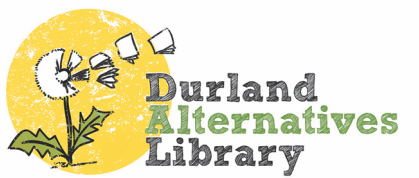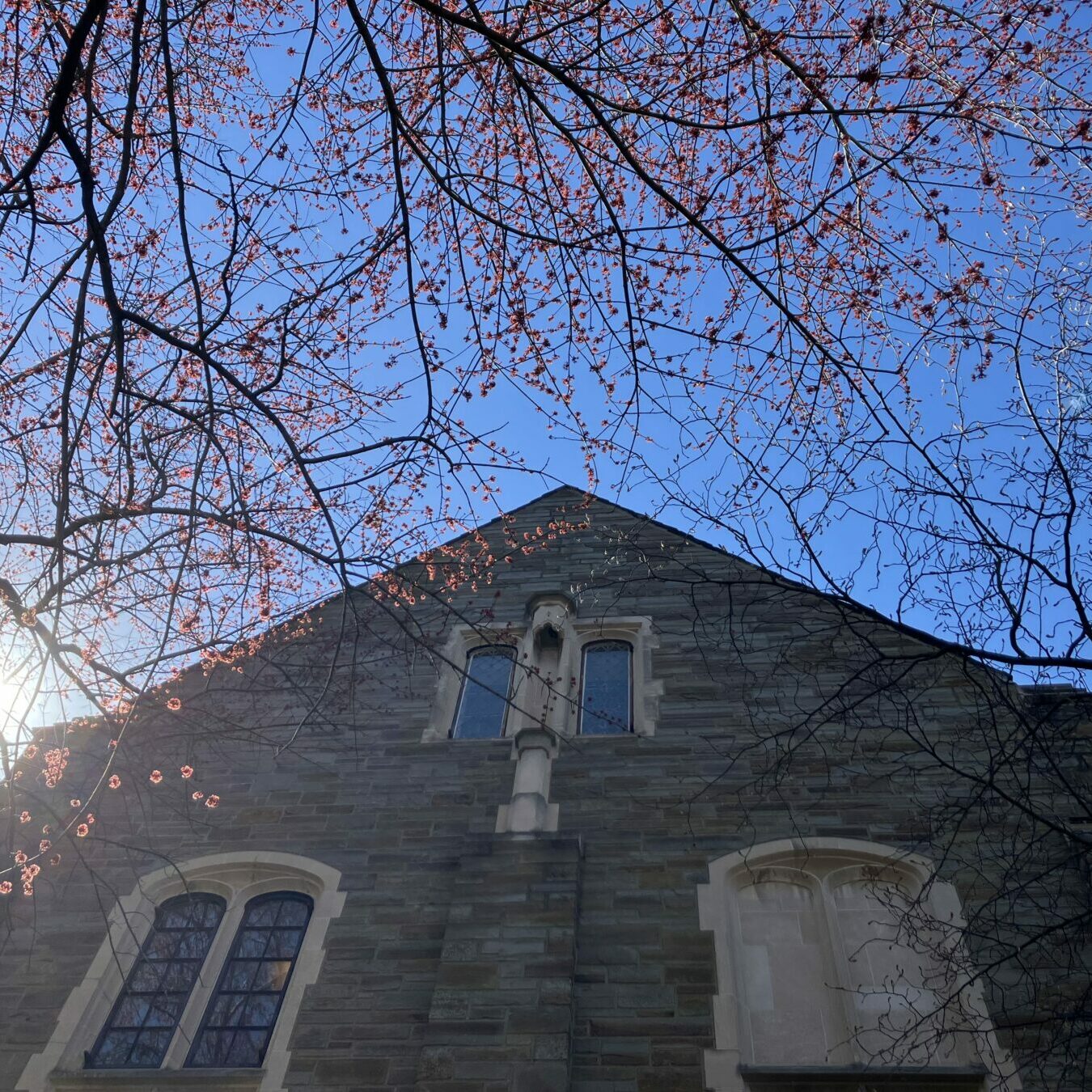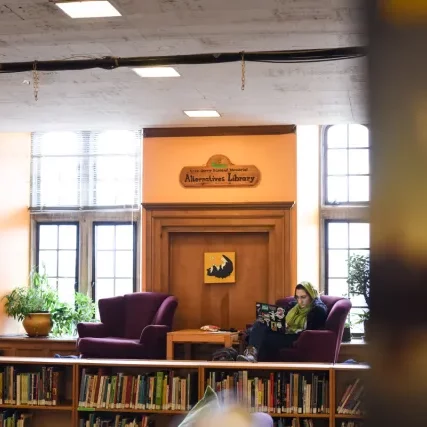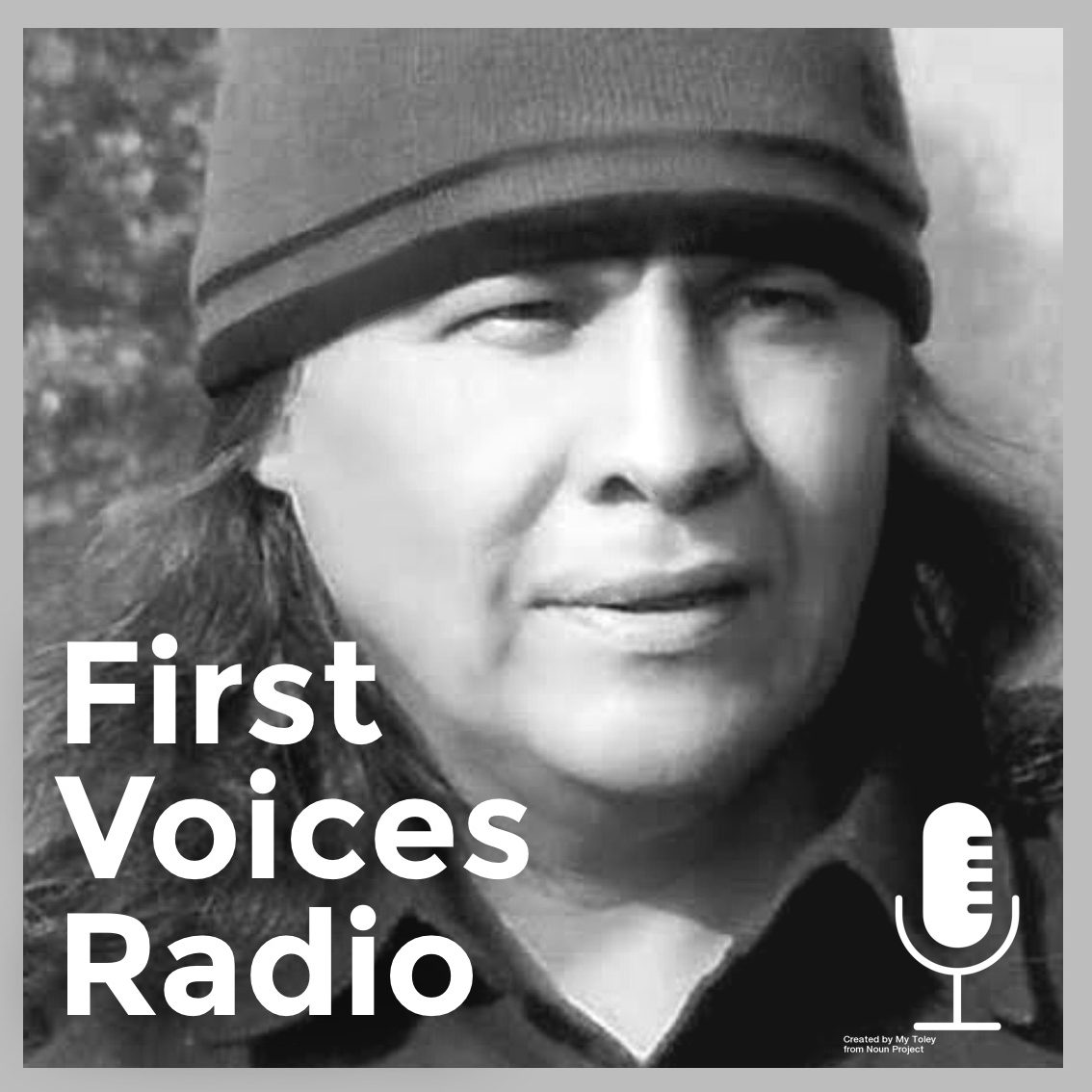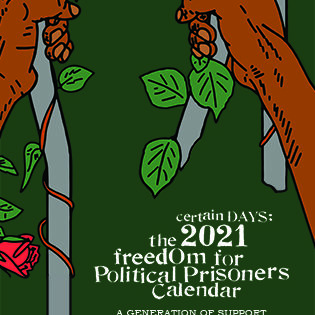On Anniversary of 1965 Revolution, CUSLAR Highlights Dominican History Texts
by Tim Shenk
Coordinator, Committee on U.S.-Latin American Relations
Faulkner once said that the past is not dead — and it’s not even past.
The civil war that broke out in Santo Domingo, Dominican Republic on April 25, 1965 has had lasting effects for the island nation and continues to be an instructive example of U.S. interventionism in Latin America. Three days after the Dominican people took to the streets to reinstate democratically elected Juan Bosch, Lyndon Johnson sent 42,000 U.S. Marines to intervene in the conflict. Read more here.
The Committee on U.S.-Latin American Relations (CUSLAR) has a library in its Anabel Taylor Hall office, with materials catalogued through the Durland Alternatives Library. Our Dominican Republic collection, which includes several rare titles in Spanish, sheds important light on many pivotal moments in Dominican history.
Those planning to travel to the Dominican Republic who want an introduction to the past 500 years of Dominican history will find useful Frank Moya Pons’s seminal work, The Dominican Republic: A National History. It reads like a novel in many places, sprinkled with intriguing and sinister characters such as pirates, patriots and traitors.
People with an interest in the workings of power in dictatorship will benefit from Foundations of Despotism by Richard Lee Turits. The Dominican dictator Rafael Trujillo deserved the title of “totalitarian,” ruling the Dominican Republic as if it was his own personal ranch from 1930 to 1961. At the time of his assassination he was one of the wealthiest men in the world, and his megalomania was so disproportionate that he renamed the country’s capital city “Ciudad Trujillo.”
Scholars and activists who read in Spanish will have particular interest in two texts that chronicle in their own ways the resistance to the repressive regimes of the 20th Century in the Dominican Republic.
First is Francisco Antonio Santos’s collection of speeches and essays, Organizar, rescatar y unir el movimiento sindical dominicano (Organize, recoup and unite the Dominican union movement). Santos, a central figure in local and national union efforts for nearly 50 years, has published for posterity documents that range in date from 1971 to 2007.
Second, the CUSLAR library boasts one of only a handful of remaining copies of Narciso “Narcisazo” Gonzalez’s 48-page paperback, El Verso Octosilabo. Gonzalez’s poems brought humor and a sharp political critique to the resistance movement in the Dominican Republic in the 1980s. A university professor and cultural worker, Gonzalez was disappeared and ostensibly murdered by the Balaguer government in 1994 after a speech in which he called for civil disobedience.
Visit the Durland Alternatives Library and ask to see the CUSLAR library just two floors above. CUSLAR has thousands of texts, videos and periodicals available for checkout by students, researchers and activists.
Have a question about the library, or looking for something?
